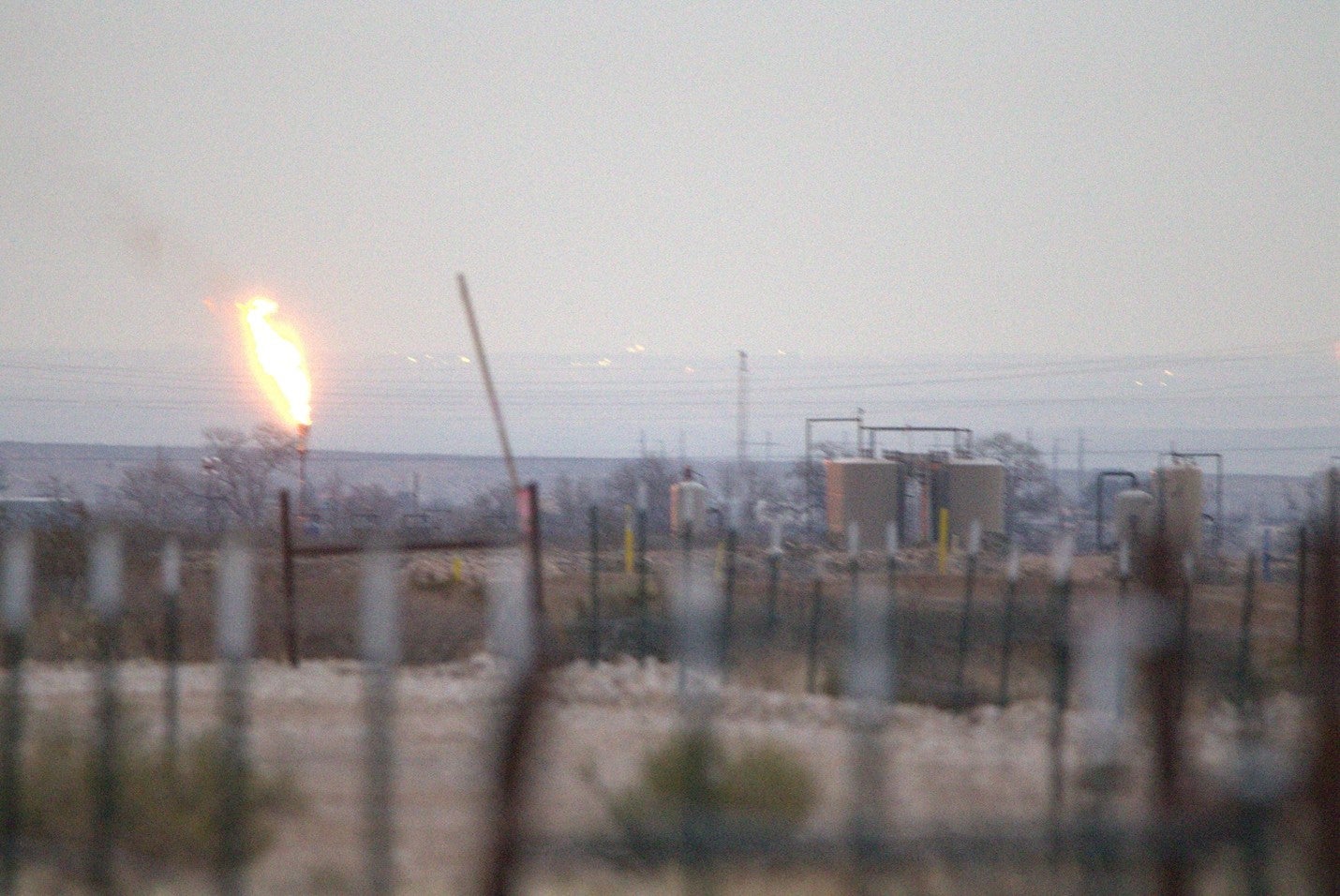Not All Smart Grids are Green Grids
 Now we’re talkin’. Austin is already known as one of the “greenest” cities in the nation, and it looks like we’ll soon be even greener – and smarter, too.
Now we’re talkin’. Austin is already known as one of the “greenest” cities in the nation, and it looks like we’ll soon be even greener – and smarter, too.
The U.S. Dept. of Energy’s Nov. 24 announcement of $620 million in “smart grid” demonstration and energy storage projects included $10.4 million for the Austin-based Pecan Street Project. The grant will be used to fund an advanced smart grid project at the Mueller development in central Austin. The Mueller neighborhood – a public-private joint venture between the City of Austin and the Catellus Development Group – is located at the site of Austin’s former airport.
The demonstration project will integrate with Austin Energy’s next generation smart grid platform to create, operate, and evaluate an “open platform Energy Internet” – a type of smart grid that allows two-way electricity and information flow and is modeled on the architecture of the Internet.
EDF, a leading partner in the project since its 2008 launch, will release recommendations for Phase I by the end of this year and will continue as a board member during Phase II in the newly formed nonprofit: Pecan Street Project, Inc. Technologies to be tested as a system in the demonstration project include distributed clean energy (roof-mounted solar on four commercial sites and 100 residential rooftops), energy storage, smart grid water /irrigation systems, smart appliances and plug-in electric vehicles linked to a grid-integrated system of smart charging stations.
All of this is exciting news, to be certain. However, it’s important to note that not all smart grids are green grids – some are largely focused on efficiency and rely on one-way communication from a utility to the consumer. The Pecan Street Project, on the other hand, will stress not just efficiency but also a two-way relationship in which, say, consumers with their own rooftop generation capacity will be able to sell power back into the grid to replace power now generated with carbon fuels.
That’s EDF’s role – to ensure that the potential environmental benefits are given priority alongside the economic benefits. Ultimately, if done correctly, smart grids will help us dramatically reduce global warming pollution, and this DOE grant will help keep Austin at the forefront of a burgeoning new field.














12 Comments
I am so excited about all the latest advances in geothermal technology-its so clean and earth friendly and efficient- a real answer to our energy problems.
You wrote very interesting post i love your blog it contains very informative article i will share it with my friends.
This cool post. I like it. Thanks for sharing article.
What a good blog you have here. Please update it more often. This topics is my interest. Thank you. . .
Easily, the post is actually the greatest on this deserving topic. I agree with your conclusions and will thirstily look forward to your coming updates. . . . .
Wonderful to read!
Thank you for a great post
Insightful article you did! I’m sure you might be interested in this video blog site we made!
2009 was horrible year for work and in these tough times our community might help to find sustainable work
Have a great day!
Wonderful to read!
Wonderful to read!
Wonderful to read!
the global crisis has affected the internet worl in the positive way, since people are turning online to make money. but what you just shared is very true, by giving quality content can help boost once business either in the downtimes or vice versa.